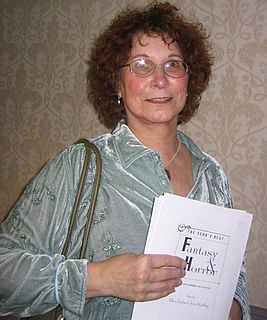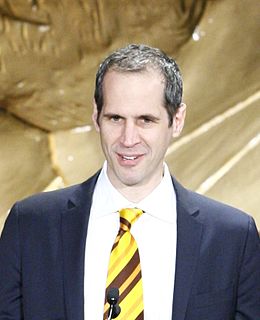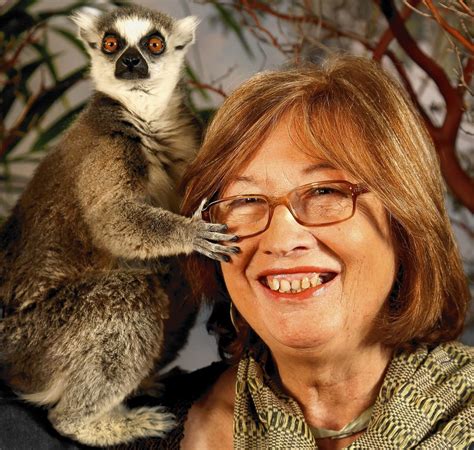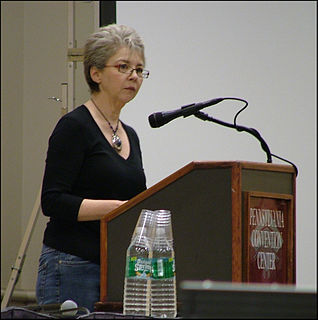A Quote by Darren Aronofsky
I wasn't a big fan of social anthropology. And, luckily, that created room for me to work in visual arts because I sort of ignored my requirements. I think I was attracted to social anthropology because I liked to travel and was always interested in far-off places.
Related Quotes
With 'The Social Network,' I got into it at first because frankly I thought there was a cool courtroom drama to be had with the intellectual properties. And then what further drew me in was that the most extraordinary social networking device ever created was created by the world's most antisocial person. I liked that story.
I think sociologists are among the best at thinking about emergence, of thinking about the ways that the society is more than the sum of the individuals. And I've found that much of the wisest writing on human social nature comes from sociology and anthropology, not from my own field of social psychology.
My first job was actually as a social worker. And then later, I got my PhD in anthropology. And I've always been interested in humans as well as primates. We are all kind of have the same emotions, the same goals and lives really. But to me, when I first got to Madagascar I realized that the lemurs lives are very closely related to what the humans are doing; partially because they've got both looking for natural resources. And if we can make some way that both humans and lemurs can live together peaceably and happily, that would be my goal for Madagascar.


































